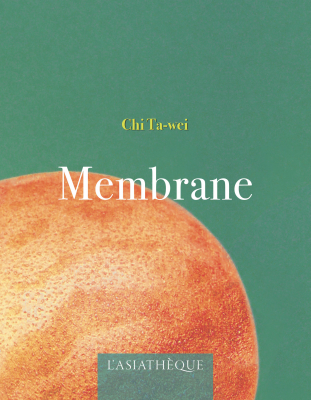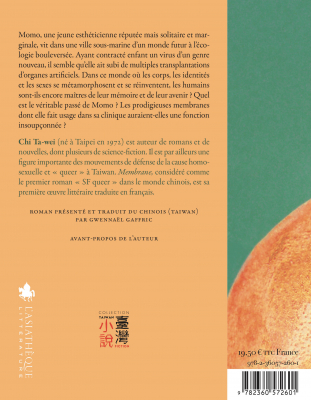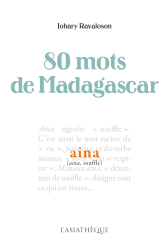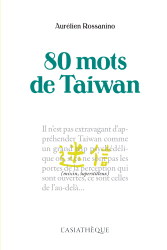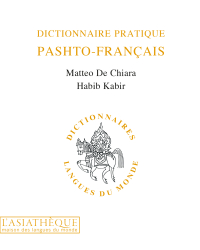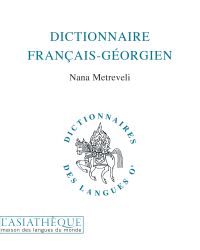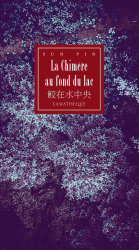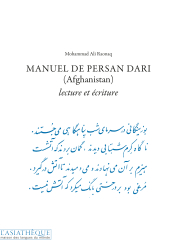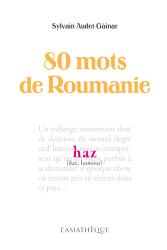Details
Format: Paperback
ISBN: 9782360572601
Collection: Taiwan Fiction
14 x 18 cm
Weight: 270 gr
Pages: 252
Edition :
2020
First publication: 21/10/2015
Last printing: 02-2023
Membrane is considered by literary critics as the founding text of “queer literature” in Taiwan and of the “queer science fiction” mainstream in Asia.
Membrane is regarded by literary critics as the founding text of “queer literature” in Taiwan and of the “queer science fiction” mainstream in Asia. However, Membrane cannot be limited to a canon of homosexual literature. Indeed, the richness of the themes addressed by Membrane is considerable: in this science fiction novel published in 1996 and which is very topical today, Chi Ta-wei questions the very definition of the human in a world devastated by ecological crisis. By addressing the question of gender, the body, the relationship between human and android, Chi Ta-wei offers a broad and unprecedented reflection on identity, not only sexual, but in its biological sense: what makes a "Human subject": a brain, a body, a memory, a free will? Therein lies the value of Chi Ta-wei's contribution: so-called queer literature does not, as is too often believed, open up to an apology for homosexuality or transsexuality, but rather relies on the postulate according to which the biological definition of bodies, genders, sexes does not always correspond to their social definition. In addition to its captivating history and its almost cinematic writing, Membrane stands out as a science fiction story of which there are ultimately few examples in the West: it shows that in Asia too science fiction should not be considered only as popular and formatted literature, but as literature that can take up social themes. This novel won in 1996 the most prestigious literary award in Taiwan, the United Daily award for best short novel. Membrane is being translated for the first time into a Western language, although several of Chi Ta-wei's short stories have already been translated into English and German.
PRESS REVIEW
Chi Ta-wei, the first Chinese-language author of Queer SF
« ... Ce livre m'a profondément ému par son utilisation de l’amitié et la disparition de celle-ci, les secrets terribles qui conditionnent toute la vie d'un enfant et la violence de leur révélations et conséquences ... »
« ... Reste un roman transgressif intelligent, riche en rebondissements et empreint d’une grande sensualité. Une découverte ... »
« ... Régulièrement touchant et d’une grande sensibilité malgré un ton narratif assez froid, le texte de Chi Ta-Wei, mélangeant cli-fi, cyberpunk, altération de la réalité et théorie queer, se révèle être un récit de SF tout à fait pertinent, qui mériterait d’être plus connu en francophonie. Une très belle découverte ! ... »
Membrane
“... The writing is very skilful, the author plays with a succession of small paragraphs, he alternates the past and the present, while slipping a lot of cultural references to Europe.
A very interesting discovery, which can be read quite quickly, embellished by a preface and a really enlightening afterword! ... "
Membrane
"... It was probably breaking a taboo that earned Membrane the label of spearheading 'queer science fiction' in Asia. The relationship to the body, the relationship to others, identity are approached through a cultural prism different from what we find in Western literature. The reader takes full force of this cultural gap even if the treatment of certain more universal SF themes is more conventional. Which makes the novel exotic, to say the least, but also relevant and moving ... "
CONTRIBUTORS' BIOGRAPHIES
Chi Ta-Wei
Chi Ta-wei is a Doctor of Comparative Literature from the University of California (UCLA), he teaches literature at National Cheng Kung University (Taiwan). He is an important figure in advocacy movements homosexual in the Chinese world.
Gwennaël Gaffric
Gwennaël Gaffric (born 1987) is a lecturer in Chinese studies at the Université Jean Moulin Lyon 3, where he teaches Chinese language and culture. He is the author of several articles in French, English and Chinese on Chinese-language literature (China, Hong Kong and Taiwan). His recent research focuses on contemporary science fiction in Chinese. He is also one of the leading translators from Chinese of general literature, science fiction, fantasy and the humanities (literary studies, philosophy). His translations include the best-selling volumes of Liu Cixin's Three-Body Problem trilogy. He regularly translates for L'Asiathèque, where he heads the "Taiwan Fiction" collection. He has also published at L'asiathèque: La littérature à l'ère de l'anthropocène (2019).
